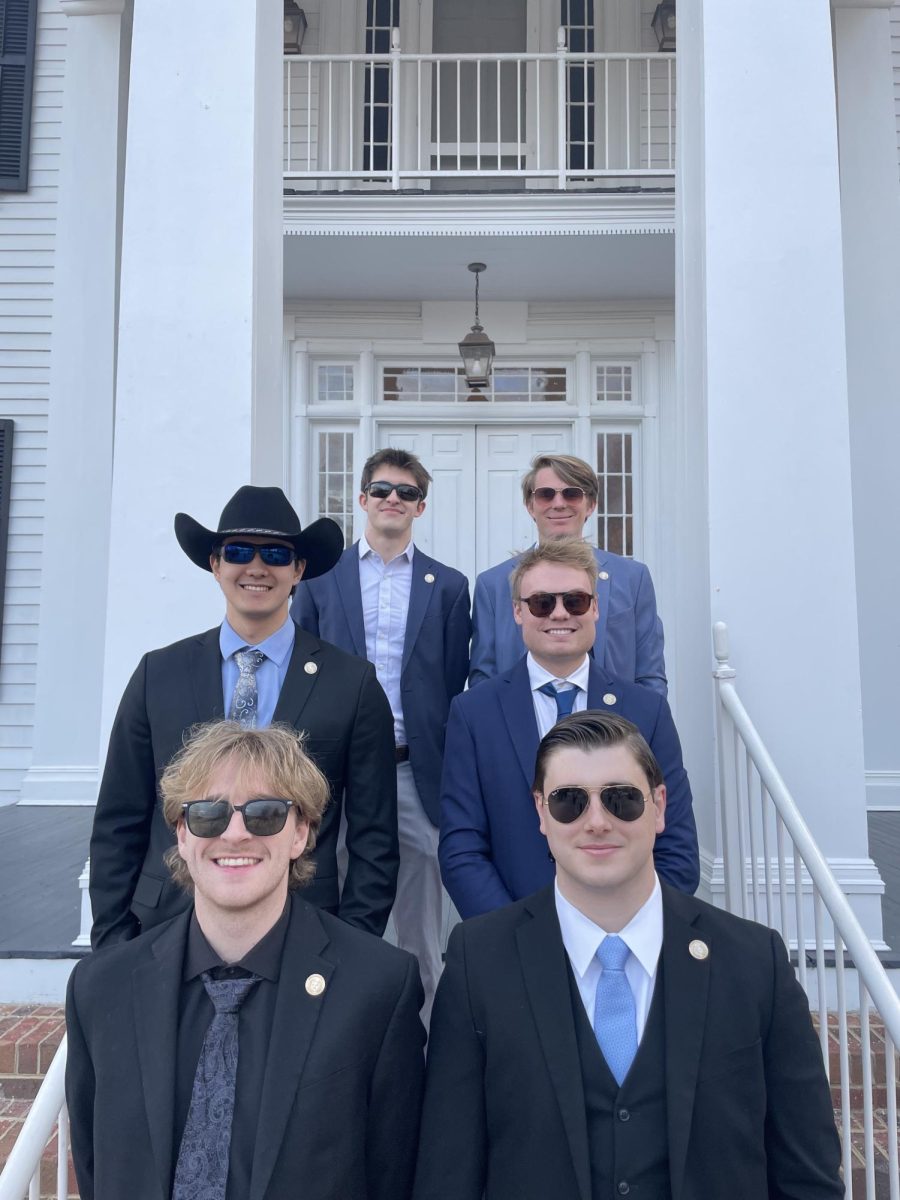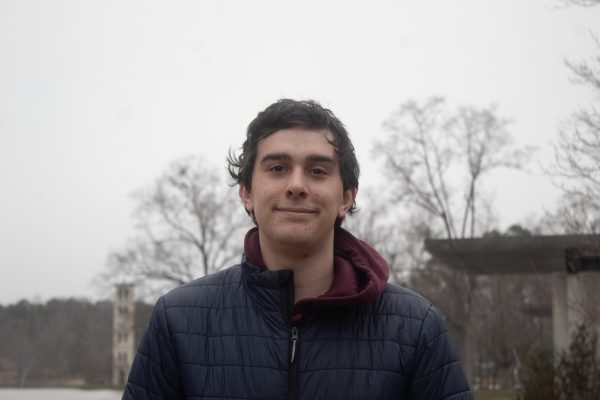This spring, Furman fraternities saw 81 prospective members register for rush, and 61 complete it, representing a 20% increase from the numbers last year.
This is a reversal of the trend fraternities had observed in previous years as rush participants had declined.
According to Joseph Kosak ‘26, President of the Interfraternity Council (IFC), the higher amounts of students completing rush this year can be attributed to fraternities better adjusting to the standards of deferred recruitment.
Specifically, fraternities better understood how they could interact with freshmen outside of official settings after IFC began enforcing the principles of deferred recruitment more strictly last year, Kosack said.
“More students met the GPA eligibility requirements than last year. I think that that was due to more transparency from Panhellenic and IFC on the academic standards for each chapter. I think there was also a shift in mindset in recruitment by being more approachable and thinking about the “maybe-joiners” and not just the “always-joiners,” said Caro Douglas, Assistant Director of Student Involvement.
Despite all but one member quitting and receiving zero new members on bid day after controversial comments made by their former president, the return of the Kappa Alpha (KA) fraternity to Furman’s campus this year also may have spurred additional interest in Greek Life.
“KA’s recruiting efforts drew more freshmen into the rush process, and any Greek Life expansion is bound to increase interest,” Kosak said.
“We hoped that the expansion process would bring more interest to the overall recruitment process, but there are so many factors that impact registrations. It can be hard to tell what may increase numbers year to year. We believe that as KA continues to grow as a chapter, it will bring more overall excitement for the entire IFC community,” Douglas said.
In addition, the Furman Fraternity Excellence (FFE) system was implemented this year which provided public data to freshmen regarding each fraternity’s ratings in several categories.
“Whether fraternities continue to see the growth they did this year depends on if they get complacent or continue putting in the effort,” Kosak said.
“Each year IFC evaluates and assesses the recruitment period to better the process and structure. This year, IFC sent a survey to each organization to share with chapter members to receive feedback on recruitment so that they can better understand some of the successes and opportunities for growth from this last cycle,” Douglas said.
IFC is optimistic about this growth as “Greek Life is valued on our campus by a lot of our community by providing connection, fellowship, philanthropy, networking, accountability and other opportunities that allow their members to make the best versions of themselves,” Kosak said.





































